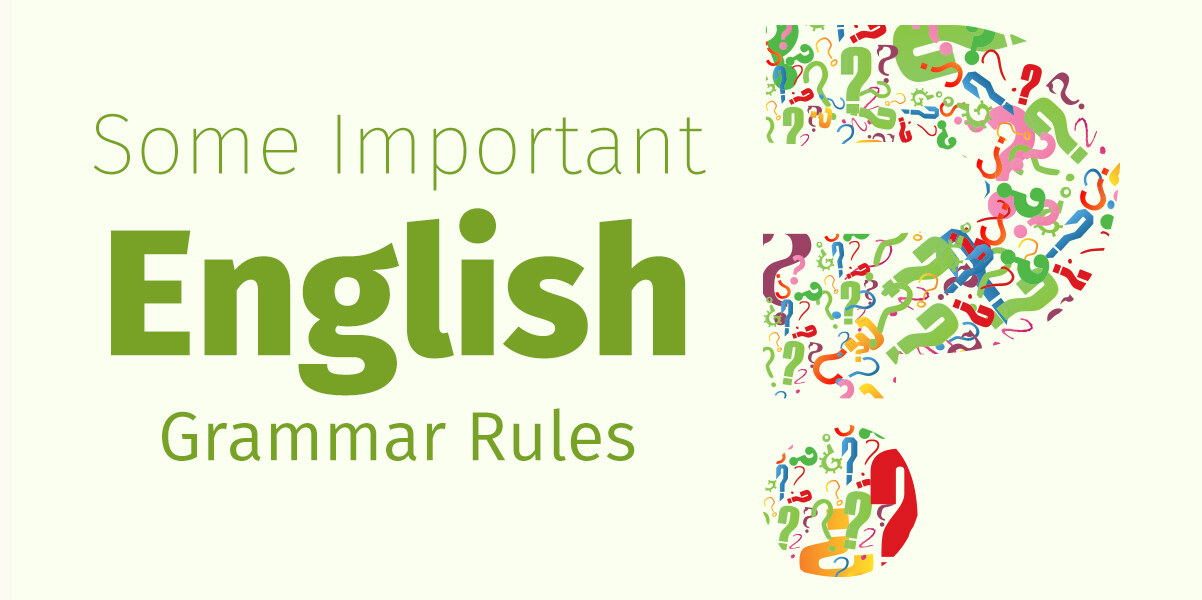Some Important English Grammar Rules
English is a complex language, and so is the English grammar. Thus, it is important for English language users to be familiar with some basic English grammar and punctuation rules which can help them improve their command over the language.
Punctuation marks
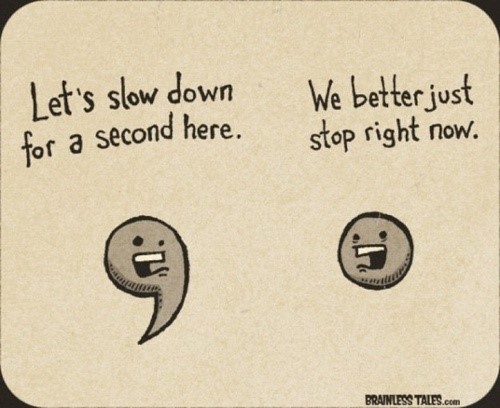
- A hyphen links words together
- Quotation marks are a form of citation and shows who is talking or making a statement
- A colon is a pause between two phrases.
- A semi-colon can connect two sentences and or detailed lists.
- Think apostrophes don’t matter? Think again!
- My brother’s friend’s dogs (this refers to the dogs belonging to the friend of one brother).
- My brother’s friends’ dogs (the dogs belonging to the friends of one brother).
- My brothers’ friend’s dogs (the dogs belonging to the friend of more than one brother).
- My brothers’ friends’ dogs (the dogs belonging to the friends of more than one brother).
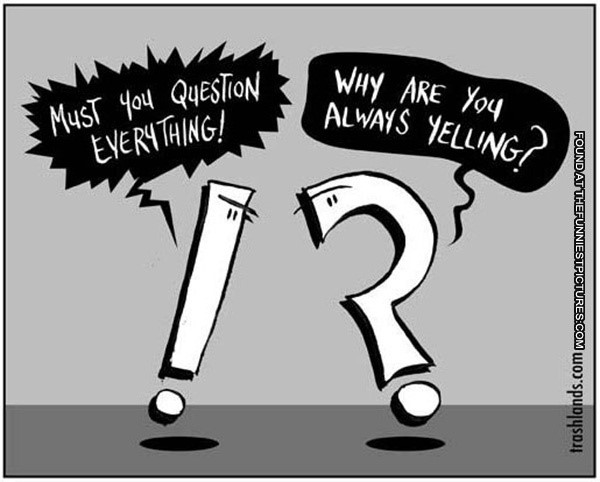
Punctuate correctly
An English professor wrote on the board: A woman without her man is nothing. The class was then asked to punctuate the sentence.
- The men wrote: “A woman, without her man, is nothing.”
- The women wrote: “A woman: without her, man is nothing.”
Power of comma
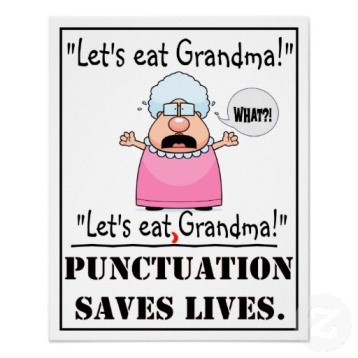
- A comma is a difference between “What is this thing called love?” and “What is this thing called, love?”
- Comma saves lives:
- Some people enjoy cooking, their families, and their dogs.
- Some people enjoy cooking their families and their dogs.
- Oxford comma is the comma one uses before the last item in a list, such as: “Please can you buy me some bread, butter, and cheese.”. Most people tend to ignore Oxford comma.
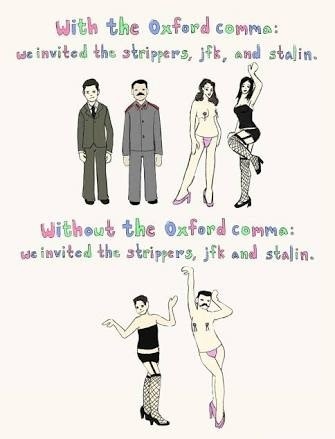
Who versus whom
The technical difference is that “who” is “subjective” and “whom” is “objective”; what this means is that “who” refers to the subject of the sentence and “whom” to the object. If you have difficulty knowing which to use, there’s a simple way of remembering by replacing the “who” or “whom” with “he”, “him” or “them”; if it ends in an “M”, the pronoun will be “whom”.
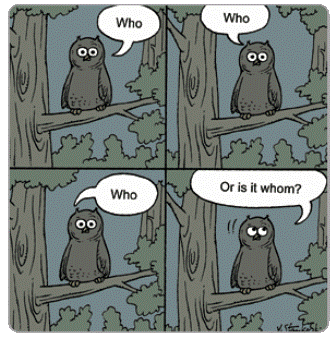
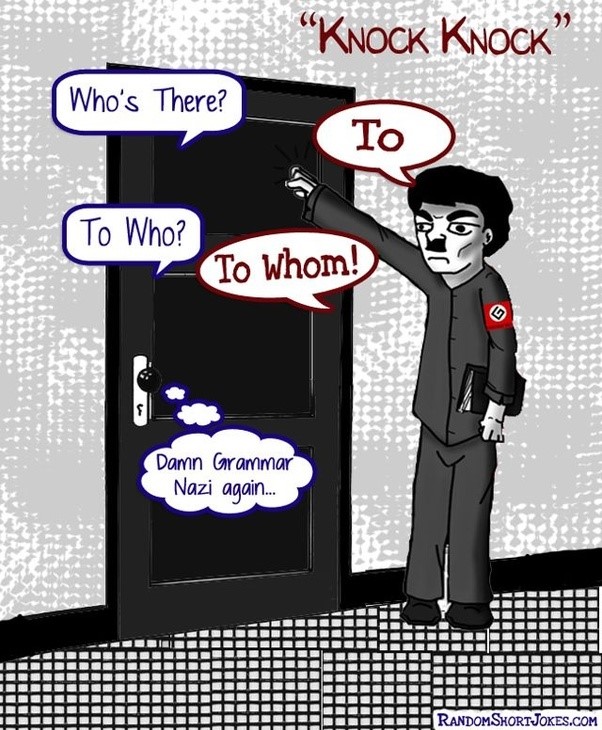
Pronouns
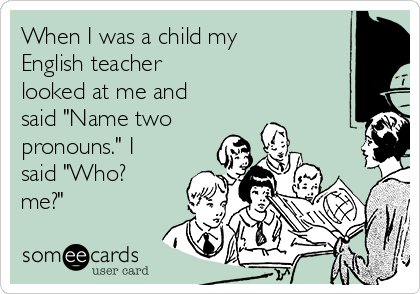
Some common mistakes
- Shift in person
- If there were no more questions, then we had time to work on our homework before class ended. The grades that you received were what you had earned for the class.
- Correct: If there were no more questions, then we had time to work on our homework before class ended. The grades that we received were what we had earned for the class.
- Shift in numbers
- Most students experience the teaching methods of many different teachers throughout his/her high school career.
- Correct: Most students experience the teaching methods of many different teachers throughout their high school careers.
- Vague Pronoun Reference
- In the following example, it does not refer to any noun previously mentioned in the text:
- Seven is about a psycho serial killer who commits crimes against people who have committed one of the seven deadly sins. He creates a puzzle out of it for the police to solve.
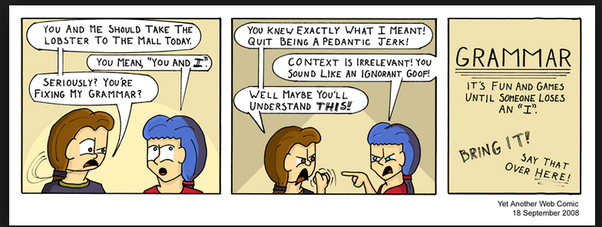
Misunderstandings arise from what’s known as dangling or misplaced modifiers
- “Early men hunted mammoths armed with spears.”
- “Armed with spears, early men hunted mammoths.”
- “I found my missing hat cleaning my room.”
- “I found my missing hat while cleaning my room”
“Only”
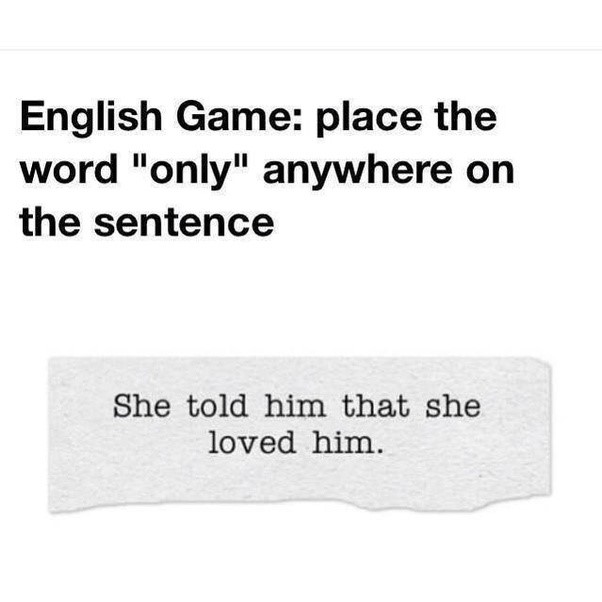
Your vs you’re
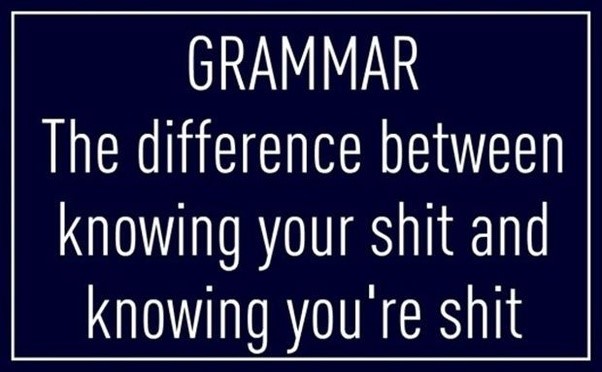
Is it there, their, or they’re?
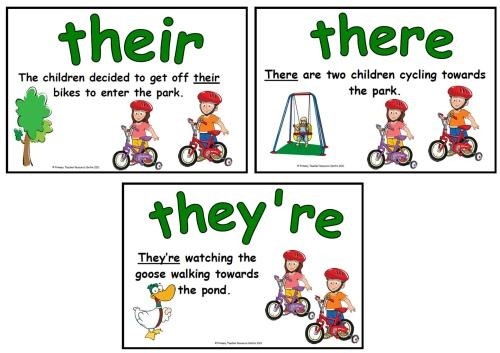
I hope this would help you improve your English. If you wish to be updated about more interesting blogs like this, please do not forget to subscribe to our blog
Leave a Comment

